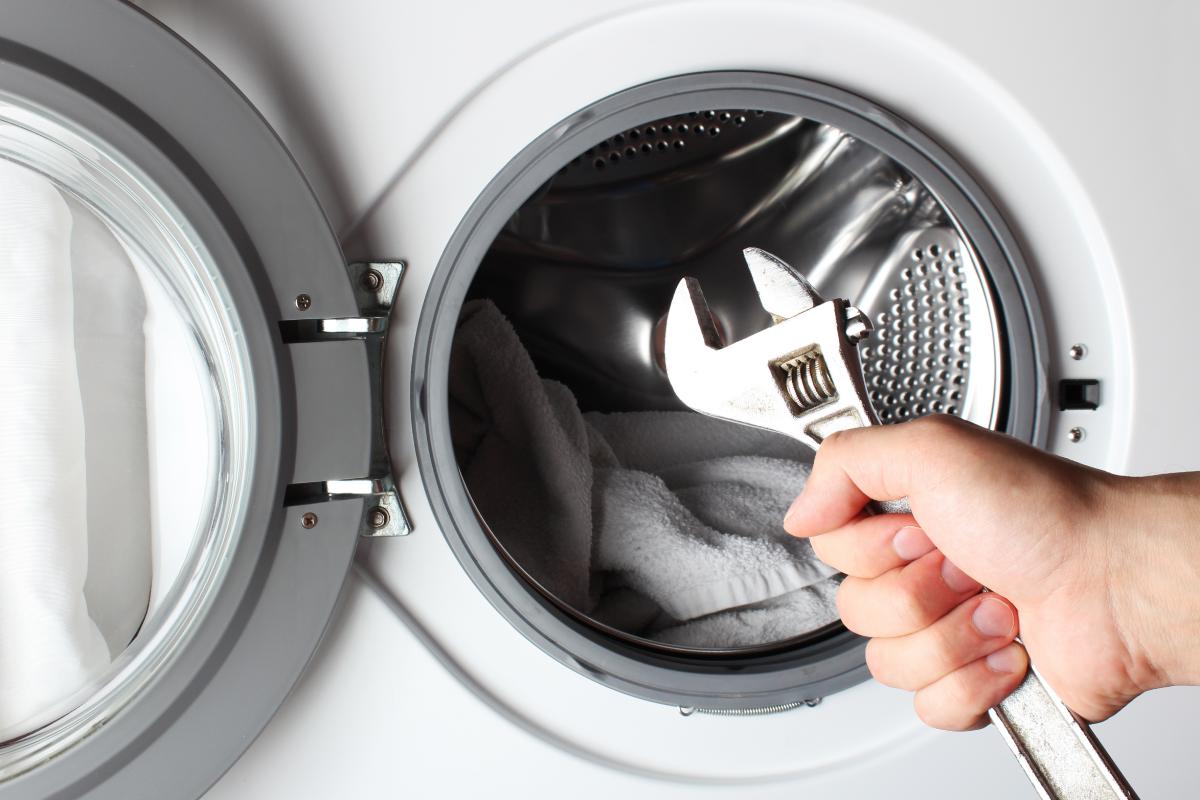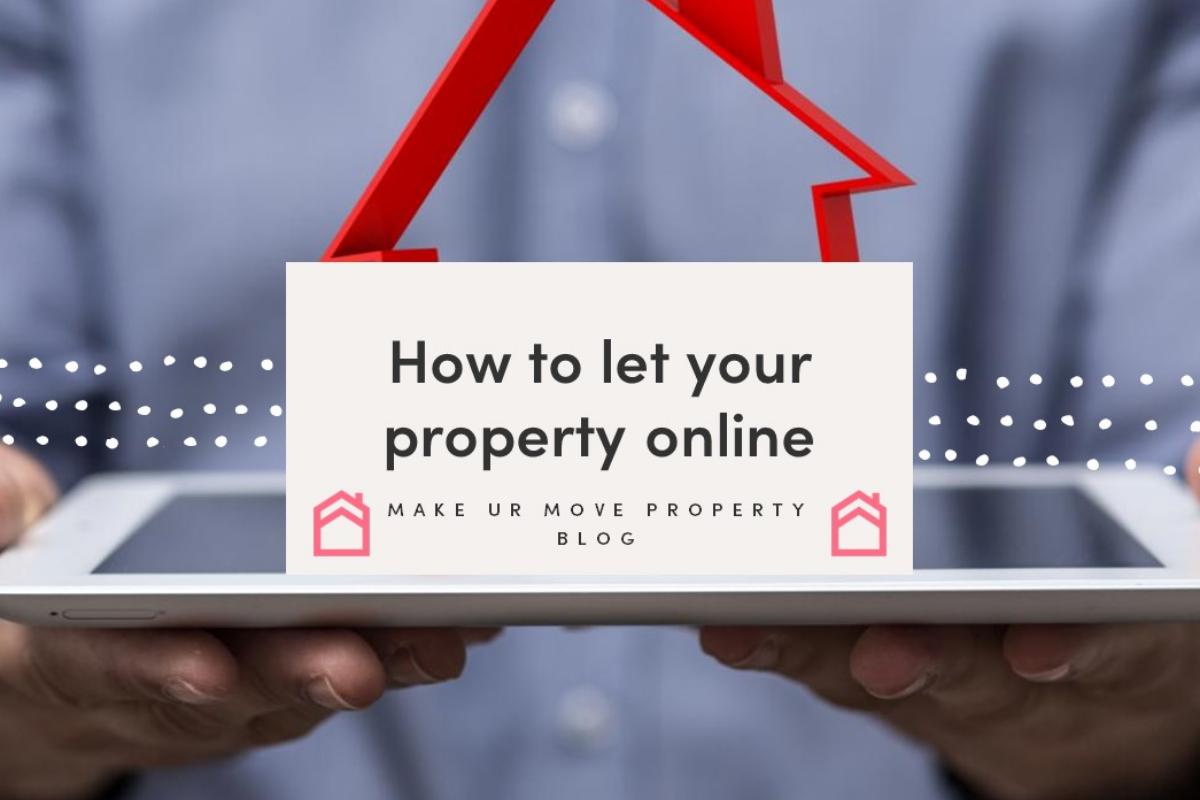Tenants in the UK have the right to a “safe, secure, warm and dry place to call home”. And landlords are encouraged to support a “flourishing private rental sector” by maintaining standards to provide accommodation that’s “safe and fit for human habitation”.
Both sides of this coin rely on one thing for success: shared responsibility for individual properties that’s fully understood and taken seriously by both parties.
From disputes over damp to disagreements over decoration, issues can easily arise and sour the tenant-landlord relationship. Many of these are caused by grey areas regarding who should be doing what.
Here we outline the key responsibilities for both tenants and landlords and how making them clear in a tenancy agreement will greatly reduce the chances of clashes.

What Responsibilities Do Tenants Have?
Pay rent on time
When you sign a tenancy agreement, you’re committing to paying the specified amount of rent on the due date. This is usually required in advance and if you fail to pay it, your landlord is legally entitled to start eviction proceedings.
Pay any other bills
Your tenancy agreement will tell you which ones, if any, you’re responsible for. This could include gas, electricity, water and council tax. Remember you can choose your energy supplier to secure the best deal.
Take care of the property
These legal obligations can be covered by the phrase “behaving in a tenant-like manner” and include:
informing your landlord or letting agent promptly of any repairs required
carrying out minor maintenance such as changing lightbulbs and replacing fuses
ensuring proper ventilation to prevent condensation and damp
disposing of rubbish appropriately
keeping the property reasonably clean
The minutiae of what this involves should be detailed in the tenancy agreement, e.g. are you expected to clear a blocked sink or mow the lawn?
Allow access for repairs
Once you’ve reported a repair to your landlord, preferably in writing to create a paper trail, you must then agree a mutually convenient time for them or a contractor to visit the property.
Know how to use appliances
Tenants should understand how all appliances work including the boiler, and know the location of the fuse box, stopcock and energy meters.
Carry out regular tests
Checking the smoke alarm and carbon monoxide detector batteries and replacing them when necessary is usually the responsibility of the tenant.
Not sub-let the property
It’s usually an express condition of any tenancy not to have a lodger without written permission from your landlord. This could invalidate their mortgage or insurance, as well as damage your relationship with them.
Show consideration for neighbours
A key element of acting in a “tenant-like manner” is to avoid anything that could be construed as anti-social behaviour. Loud music, large gatherings and threatening behaviour can all trigger the eviction process.
What Responsibilities Do Landlords Have?
Conduct rent checks
Landlords must check whether tenants, including all adults moving into the property, can legally rent in England. They must be over 18 and meet all Home Office requirements.
Protect tenant deposits
All deposits must be put in a government-approved deposit protection scheme and information then given to the tenant about how it works. Failure to do this could result in the tenant taking you to court and also means you’ll have to return their full deposit before issuing a Section 21 eviction notice.
Provide copies of all legally required documentation
Landlords must give the tenant a copy of the government’s How to Rent Guide, the property’s Energy Performance Certificate, the gas safety certificate where applicable and, for tenancies agreed after July 1st 2020, an electrical safety standards report.
You can’t evict tenants with a Section 21 notice if you’ve not shared these documents.
Obtain a licence if applicable
If the property is to be used as a house of multiple occupancy (HMO), landlords must obtain the relevant licence. You should also check if your property is located in an area covered by a Selective Licensing Scheme.
Ensure the property is safe
Health and safety is a major part of a landlord’s responsibilities. You’re legally required to repair any damage to:
the exterior and/or structure of the property
sinks, baths, toilets, drains and pipes
heating and hot water
chimneys and ventilation systems
gas appliances
electrical wiring
shared areas of the building including hallways and staircases
You must also check that all furniture meets the required safety standards and that smoke alarms are fitted to each floor of the property. Carbon monoxide detectors must be fitted to any room with a coal fire or wood-burning stove.
Arrange an annual gas safety check
A Gas Safe registered engineer must carry out a full gas safety check on the property each year, covering the supply and both permanent and portable appliances. A record of this report must be passed on to tenants.
Arrange a five-yearly electrical check
In line with the new Electrical Safety Standards regulation, landlords must ensure all electrical installations in the property are inspected and tested by a qualified engineer every five years.
This applies to all new tenancies from July 1st 2020 and to all existing tenancies from April 21st 2021. A copy of the report must be handed over to tenants.
Maintain the property
Landlords must keep the supply of water, gas, electricity and heating in good repair and proper working order. You must also maintain the structural integrity of the property, along with the condition of all appliances and furniture supplied.
Complete repairs
Alongside encouraging your tenant to report any necessary repairs, it’s then your responsibility to ensure these are carried out.
Give at least 24 hours’ notice before visiting
Landlords must provide a minimum of 24 hours’ notice if they want access to the property. The only exception to this in the case of an emergency.
Avoid harassing tenants
All tenants have the right to quiet enjoyment in the property. This means you can’t turn up unannounced, let yourself in without permission or change the locks.
Give proper notice
When you want your tenant to leave the property, you must give the correct period of notice. Be aware that legislation has changed recently to address issues raised by the coronavirus pandemic. You are also required to return the deposit once any allowable deductions have been made.
When landlords and tenants both take their responsibilities seriously it creates a host of mutual benefits. The tenant is able to live comfortably in their home and the landlord can cement their professional reputation.
For ultimate peace of mind about landlord compliance, explore MakeUrMove’s property management software.







